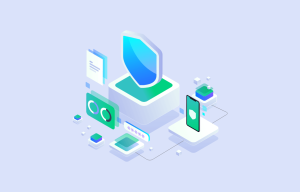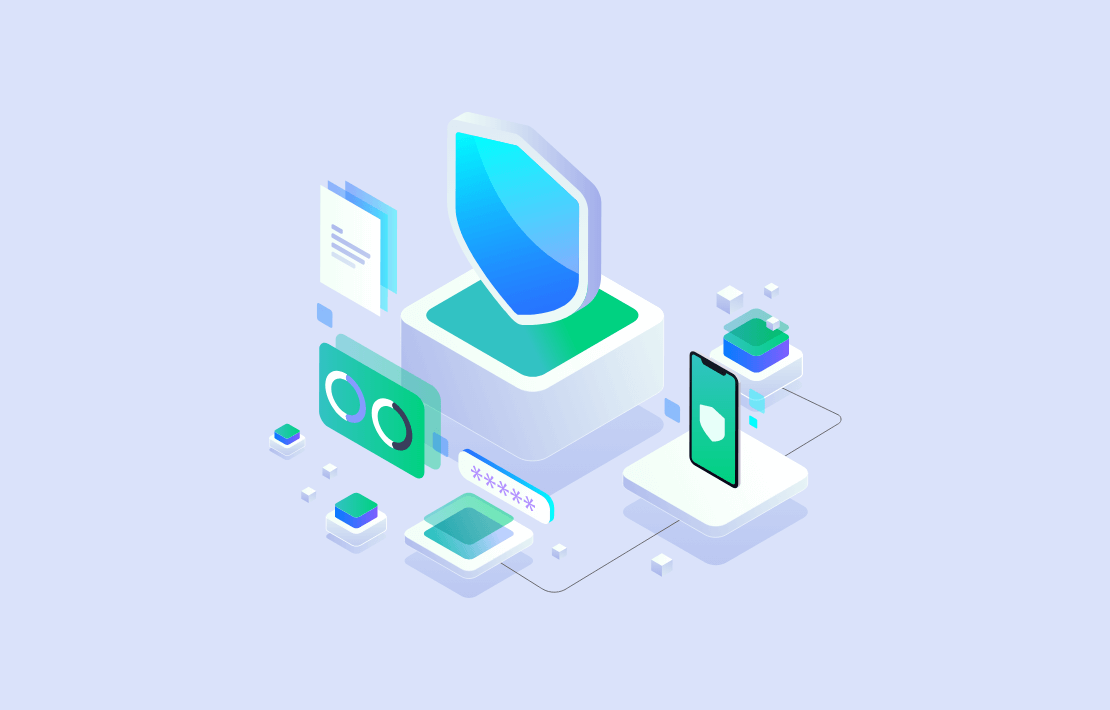Bloatware is unwanted software pre-installed on new PCs, laptops, and mobile devices by the device manufacturer, OS developer, or network carrier. It is not usually malicious, but it uses up system resources and can therefore slow down your device.
Most software people think of as bloatware is third-party trial software that is either time-limited or has other restrictions that can only be removed by purchasing the full product or subscription.
It is typically loaded onto devices by OEM manufacturers as part of a business deal with the software’s developers, who hope that once the new owners have tried using their software, they will pay to continue using it.
In some cases, this business model is fairly harmless, but in others, most notably the practice of bundling expensive and unnecessary antivirus software on new PCs, it can be viewed as highly exploitative, preying on the ignorance of less tech-savvy users who may feel obliged to upgrade for fear that “bad things” might happen if they don’t.
Is bloatware a security risk?






Bloatware can be annoying, as the unnecessary apps use up memory and processing power, and can thus slow your device down. Most of it isn’t actually harmful, although there are some exceptions.
Adware
Some bloatware is little more than malware that sends a lot of information back to its developers, which is then used to target you with personalized ads. Some more aggressive adware apps may even show pop-up ads on your device’s screen.
The most notorious example of this was laptop manufacturer Lenovo pre-installing Superfish spyware on its machines. Since 2014 concerns had been raised about the way in which Superfish Visual Search software scanned SSL-encrypted traffic on machines sold by Lenovo.
Are OS apps bloatware?
Most commercial operating systems come bundled with a suite of apps developed by the OS developer (Apple, Microsoft, or Google). These are generally well-made, pose no security risk, and integrate well with other bundled apps and the operating system itself.
But they are still apps you may not want or ever use. Arguably the litmus test of whether these default apps can be considered “bloatware” is whether the OS developer allows you to uninstall them without jumping through arcane hoops.
On Android, Google includes a number of stock apps as part of the OS, such as the Chrome browser, which can be disabled but not fully deleted.
The situation is further complicated by Android being an open-source operating system.
This allows device manufacturers to modify the base OS, replacing Google’s apps with their own (usually inferior) versions, which you also can’t uninstall. Samsung is particularly notorious for this practice.
Android manufacturers also tend to bake third-party apps, such as Facebook Messenger, into the modified OS as part of licensing deals. And unlike on Windows, these cannot be completely uninstalled.


